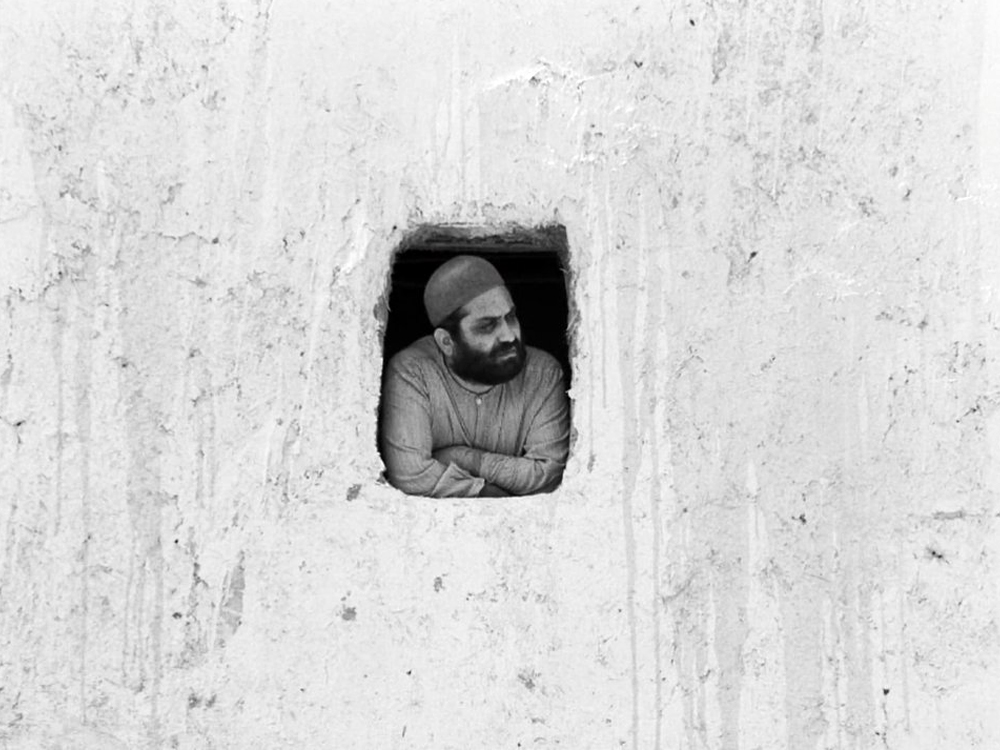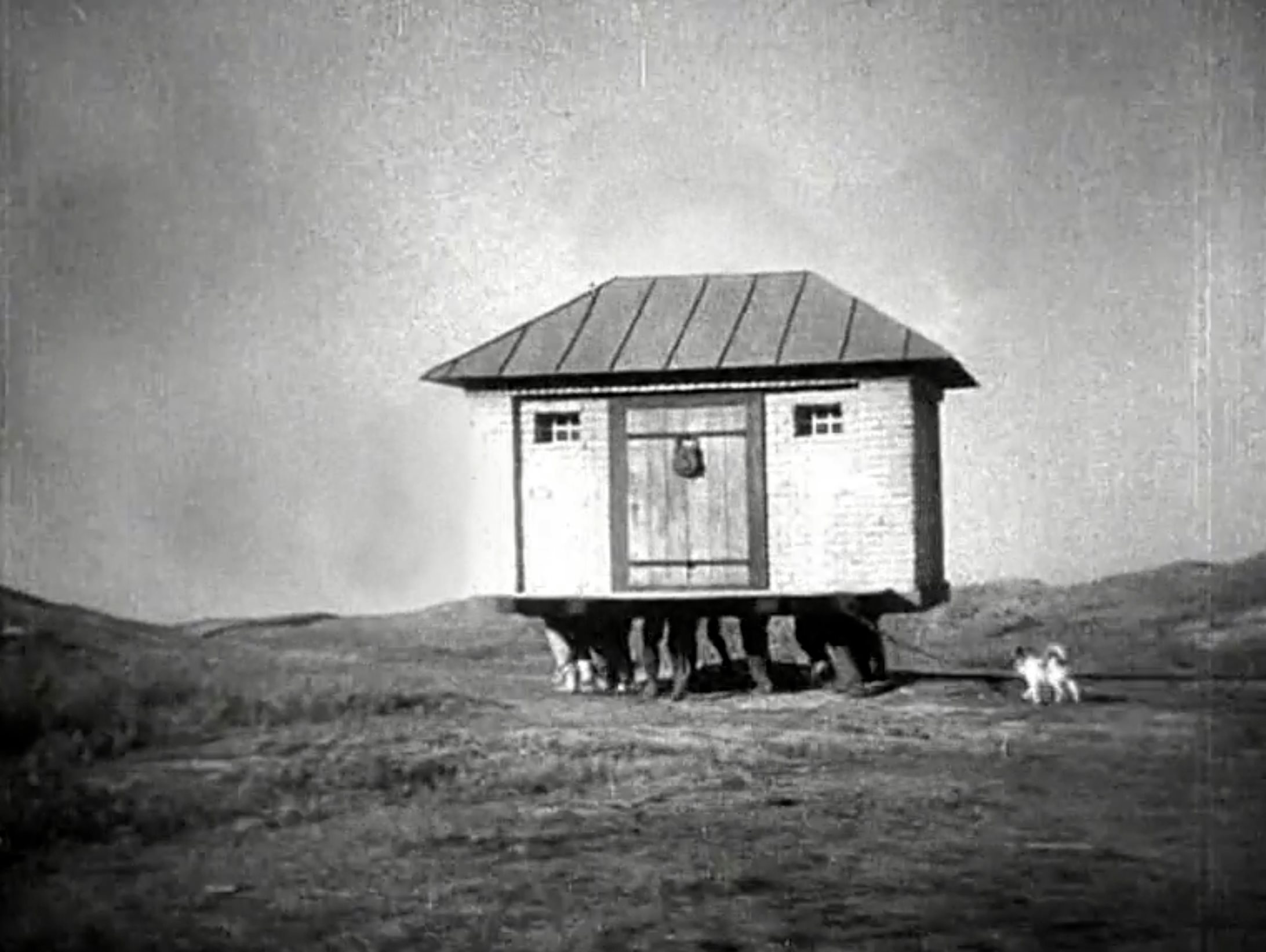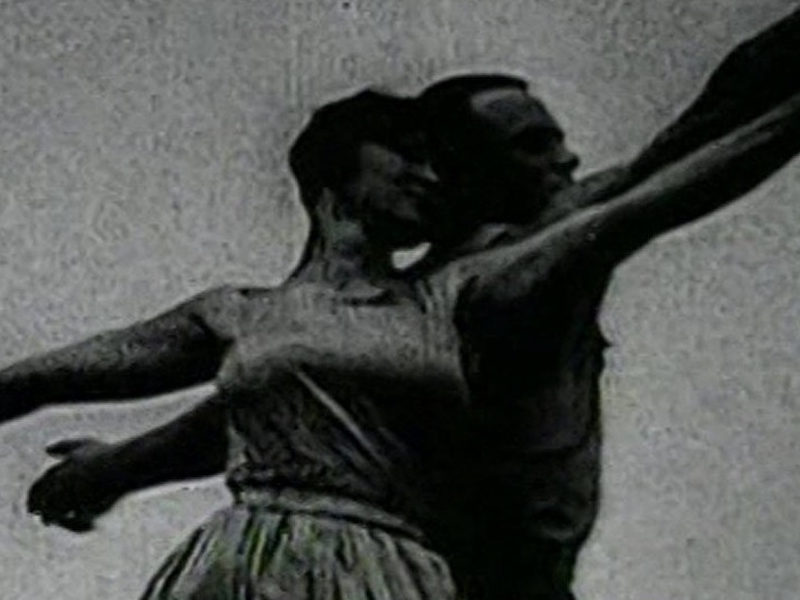This week, our selection brings two films together in which a pack animal plays a central role in the characterization of a community. Imagine a remote village where neighbours watch over each other, glancing through a hole in their fences or peering out of their windows at night. Even though The Cow (Dariush Mehrjui, 1969) and Happiness (Aleksandr Medvedkin, 1935) are very different in style, they take place in similar communities, albeit in different parts of the world. The Cow from Iran and Happiness from Russia are set in a rural economy, where the ownership of an animal means an extra workforce and, above all, prestige.
In Gaav [The Cow], the love of a villager for his cow takes a drastic turn when it dies. The death of this animal is not a private tragedy, but is treated as a collective misfortune that needs to be controlled, leaving its owner powerless. Dariush Mehrjui portrays a society by showing the role the cow has in its collective conscience. Using subtle motifs, the film is rich in associative symbolism. The landscape adds to this almost theatrical setting: when going outside the microcosm of the village, the characters are moving through a landscape devoid of any landmarks.
Schast’e [Happiness] by Alexandr Medvedkin takes place in a similar empty landscape and has a similarly theatrical composition, but here the characters appear like puppets in a burlesque socialist slapstick. A farmer goes through a series of misadventures on his road to collectivized happiness. He and his wife dream of wealth but are bothered by their lazy horse. She decides to take its place and become the wife-horse. In The Cow, a similar transformation is to be observed with the Iranian owner, who starts identifying with his lost cow.
Happiness was rediscovered by Chris Marker, who used excerpts from it in his film Le tombeau d'Alexandre (1993), a portrait of Alexandr Medvedkin and his time. Presented as letters, he addresses the ‘last bolchevik’, renowned for his ‘Soyuzkino’ project: filming, processing and editing his films while travelling by a train that was at the same time a studio, an editing room and a cinema. Moving through the open Russian landscape, Medvedkin brought cinema to the people.
Gaav [The Cow] (Dariush Mehrjui, 1969) is available on IFFR Unleashed.
Schast’e [Happiness] (Aleksandr Medvedkin, 1935) is available on MUBI.
Le tombeau d’Alexandre (Chris Marker, 1993) is available on Tënk.




